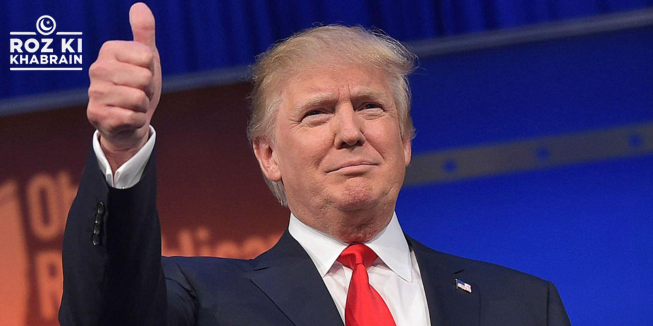Donald Trump has secured a second term as President of the United States, comfortably surpassing the 270 electoral votes needed to win, according to projections. Kamala Harris, his Democratic opponent and Vice President, called to congratulate him and pledged to support a smooth transition of power, emphasizing the importance of peaceful cooperation.
Michigan was the latest battleground state projected in Trump’s favor, joining key victories in Georgia, North Carolina, Pennsylvania, and Wisconsin. Following Trump’s declared win on November 5, several world leaders extended their congratulations. Additionally, Republicans regained control of the Senate.
Susie Wiles, a central figure in Trump’s campaign and dubbed the “ice maiden,” received public acknowledgment from Trump for her role in his comeback. Wiles, a seasoned political consultant, could be considered for a high-level role in his administration.
Legal analysts speculate about Trump’s future given ongoing federal and state cases. While the Justice Department traditionally refrains from prosecuting a sitting president, Trump may move to dismiss federal cases. His state-level cases, including election interference in Georgia, remain less certain.
On the political front, progressive leaders like Alexandria Ocasio-Cortez are urging supporters to brace for challenges under Trump’s second term, foreseeing potential rollbacks in social policies. Meanwhile, Trump’s victory has reignited debates over past election claims, with conservative commentators revisiting unsubstantiated 2020 fraud allegations.
In the realm of policy, Trump’s re-election signals a likely continuation of his pro-fossil-fuel agenda, casting doubt on climate action. However, the Zero Emission Transportation Association hopes to foster bipartisan support for policies that benefit electric vehicle manufacturers and ensure U.S. competitiveness.
On the state level, California’s Proposition 6, aimed at abolishing forced labor for prisoners, is lagging behind in votes—a surprising trend in a traditionally liberal state, suggesting a possible shift toward a tougher stance on crime.




